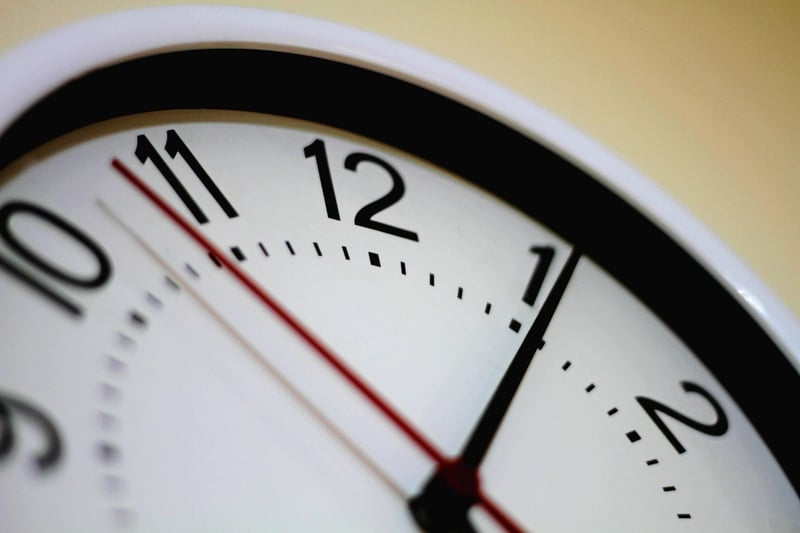Altering Timelines
The Moral Implications of Altering Timelines
In the realm of science fiction and speculative thought, the concept of altering timelines has been a popular and recurring theme. The idea of changing the past to affect the present and future raises intriguing questions about morality, ethics, and the consequences of tampering with the natural flow of time.
Exploring the Ethical Dilemma
Imagine having the power to travel back in time and prevent a tragic event from happening or to correct a mistake that had significant repercussions. While the temptation to alter the past for a better future may seem noble, it also brings forth complex ethical dilemmas.
One of the primary moral considerations is the concept of unintended consequences. Changing a single event in the past could have far-reaching ripple effects, potentially leading to unforeseen and negative outcomes. Would it be justifiable to sacrifice the known present for an uncertain future?
The Butterfly Effect
The butterfly effect, a popular theory in chaos theory, suggests that even the smallest actions can have large-scale effects. This concept is often used to illustrate how altering a single event in the past could drastically change the course of history.

Consider the moral responsibility of individuals who possess the ability to manipulate timelines. Should they intervene in historical events to prevent tragedies, or should they adopt a non-interventionist approach to preserve the integrity of the timeline?
Temporal Paradoxes and Moral Quandaries
Temporal paradoxes, such as the grandfather paradox and the bootstrap paradox, further complicate the ethical landscape of altering timelines. These paradoxes raise questions about causality, free will, and the inherent risks of meddling with the past.
As we delve into the philosophical and moral implications of altering timelines, it becomes evident that the power to change the past is not to be taken lightly. The choices we make regarding temporal manipulation reflect our values, beliefs, and understanding of the consequences of our actions.
Conclusion
In conclusion, the moral implications of altering timelines are profound and multifaceted. While the idea of reshaping history may hold allure, it also poses significant ethical challenges. As we continue to explore the boundaries of time travel and temporal manipulation in fiction and thought experiments, we are reminded of the delicate balance between intervention and non-intervention in the natural progression of time.
Ultimately, the decision to alter timelines is not just a question of capability but a reflection of our humanity and our capacity for moral reasoning in the face of extraordinary power.
